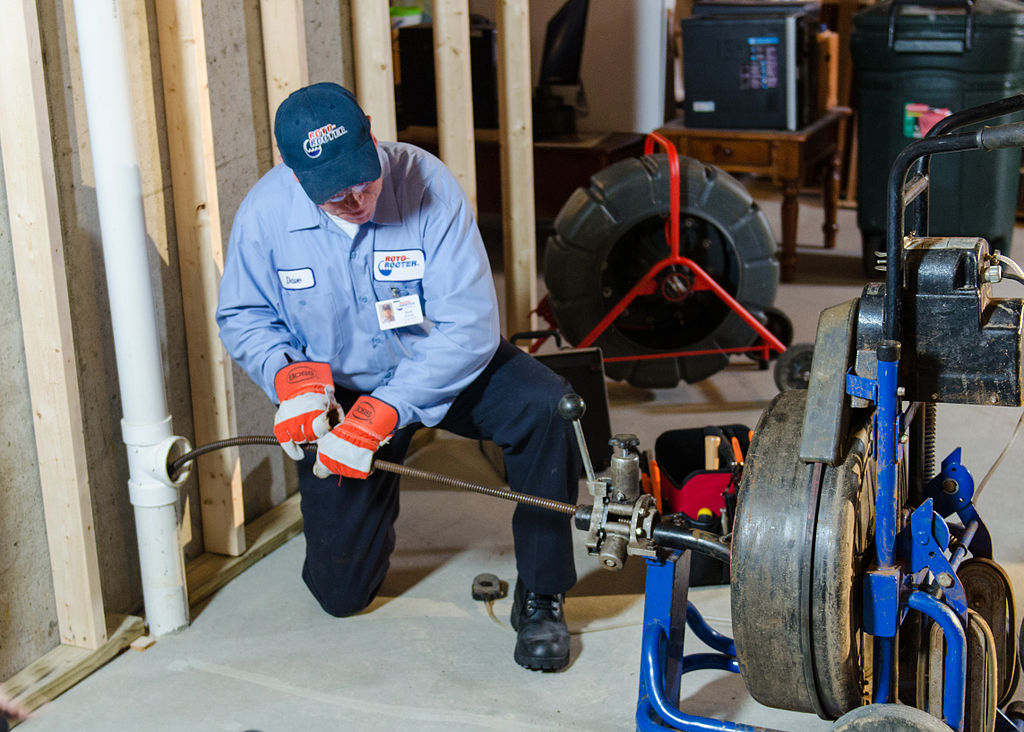Plumbing Careers in the United States: Opportunities and Pathways
Plumbing is a vital trade that plays a crucial role in maintaining the infrastructure of homes, businesses, and public facilities across the United States. As an essential service industry, plumbing offers stable career opportunities with potential for growth and advancement. This article explores the landscape of plumbing jobs in the US, including career paths, training requirements, and the current state of the industry.

How does one become a plumber in the US?
Becoming a plumber in the United States typically involves a combination of formal education and hands-on training. The most common pathway is through an apprenticeship program, which usually lasts four to five years. During this time, aspiring plumbers learn the trade through a combination of classroom instruction and on-the-job training under the supervision of experienced professionals. Many apprenticeship programs are offered through unions, trade schools, or community colleges in partnership with local plumbing companies.
What are the training requirements for plumbers?
Training to become a plumber involves several key components. Apprentices typically need to complete a certain number of classroom hours, covering topics such as plumbing codes, safety practices, and blueprint reading. The practical training component involves working alongside licensed plumbers to gain hands-on experience in various aspects of the trade. After completing an apprenticeship, individuals can pursue licensing, which often requires passing an exam that tests both theoretical knowledge and practical skills. Continuing education is also a common requirement to maintain licensure and stay updated on new technologies and code changes.
What is the job outlook for plumbers in the US?
The job outlook for plumbers in the United States is generally positive. According to the U.S. Bureau of Labor Statistics, employment of plumbers, pipefitters, and steamfitters is projected to grow 5 percent from 2020 to 2030, which is about as fast as the average for all occupations. This growth is driven by factors such as new construction, the need to maintain and repair existing plumbing systems, and the increasing complexity of water conservation systems. Additionally, as many current plumbers approach retirement age, there is expected to be a steady demand for new entrants to the field.
What are the career advancement opportunities in plumbing?
Plumbing offers various opportunities for career advancement. After gaining experience, plumbers can specialize in areas such as commercial plumbing, industrial systems, or green plumbing technologies. Some may choose to become master plumbers, which often requires additional years of experience and passing a more advanced licensing exam. Others may move into supervisory roles, managing teams of plumbers on large projects. Entrepreneurial plumbers may start their own businesses, offering services directly to clients or contracting with larger companies. Additionally, some plumbers transition into related fields such as plumbing inspection or teaching in vocational programs.
What is the average salary for plumbers in the US?
The earnings potential for plumbers can vary widely depending on factors such as location, experience, specialization, and whether one is self-employed or works for a company. According to recent data, the median annual wage for plumbers, pipefitters, and steamfitters in the United States is approximately $56,330. However, those in the top 10% of earners can make over $98,990 annually. It’s important to note that apprentices typically start at a lower wage, which increases as they gain skills and experience.
| Experience Level | Median Annual Salary | Typical Requirements |
|---|---|---|
| Apprentice | $30,000 - $40,000 | High school diploma, enrolled in apprenticeship program |
| Journeyman | $45,000 - $65,000 | Completed apprenticeship, state license |
| Master Plumber | $70,000 - $100,000+ | Several years of experience, advanced licensing |
Prices, rates, or cost estimates mentioned in this article are based on the latest available information but may change over time. Independent research is advised before making financial decisions.
In conclusion, plumbing offers a stable and potentially lucrative career path in the United States. With a strong job outlook, opportunities for advancement, and the satisfaction of providing an essential service, it remains an attractive option for those interested in skilled trades. While the journey to becoming a licensed plumber requires dedication and hard work, the rewards can be significant for those who pursue this vital profession.






